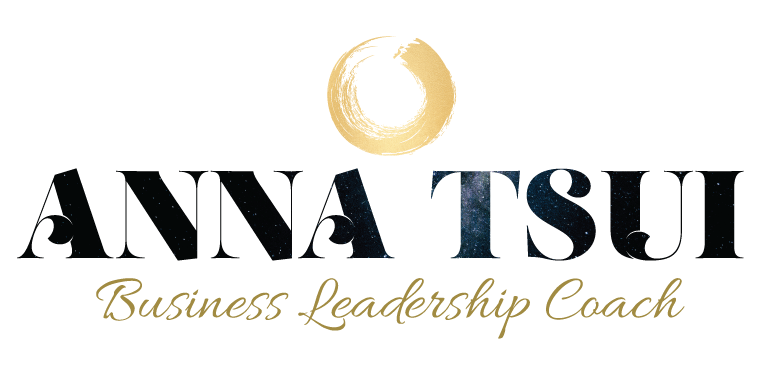When Creative People Make Bad Business Decisions
My friend Jordan and I met for lunch the other day. I took him out to a favorite bubble tea bar in my neighborhood and, over an icy cold glass of coconut-flavored heaven, we journeyed deep into the entrepreneurial struggle.
After spending about three minutes celebrating our wins, we passed the rest of the next two hours analyzing all of the shitty decisions we’ve made in our businesses.
Jordan is the founder and CEO of an immensely successful online strength training community.
“I always make the same mistake over and over again,” Jordan said, “and it costs me a lot of time and money.”
He was talking about a string of bad calls: partnerships gone sour, leading to him dissolving and suing two other co-founders, along with firing a member of his team and a subsequent replacement; another business partnership that went sideway and, perhaps not totally unrelated, some poor romantic choices as well.
“I’m scared to make decisions now. I’m afraid I’m gonna f*ck up.” He said.
He asked for my advice, and I noted something about his decision-making process, a trait that’s very common for people who are creative, visionary and good in business.
Creative people who are excited about building new projects and working with others tend to make decisions from a place of possibility. They see the best case scenario because they really want to work on the project and make it a win-win for everyone.
When Jordan took on those now defunct partners, he knew they were exceptional at their craft and he was excited about the potential of what they could create together. I remember how he initially couldn’t shut up about how one of these guys was one of the best online marketers in the industry and all the of cool programs they were going to create.
He focused on everyone’s best qualities because he wanted to believe that it would work out, regardless of whether or not those people were regularly exhibiting those qualities.
The issue with seeing the best in people and working from a place of possibility is that, when one gets giddy with possibility, one’s executive function goes out the window: the emotional reaction can override the ability to detect key warning signs that the road ahead may not be as sunny as it first appears in the light of that excited optimism.
There is nothing wrong with seeing the best case scenario, but there is a distinct moment when one becomes too enamored of this scenario and then crosses the line into delusion. Then, it’s only a matter of time before shit hits the fan.
In these particular episodes for Jordan, it was underhanded maneuvers by people he trusted that sent the situations down an unsalvageable path. In one case, his business partners tried to alter legal contracts to get more equity, and in another venture, one of the involved parties lied to him about accounts receivable and cheated him out of thousands of dollars.
As we chugged down the last morsel of tea, Jordan said he knew there were warning signs–and he ignored nearly all of them. For example, he noticed that he wasn’t being kept in the loop on some client communications and that one of his partners wasn’t being fully transparent with operations.
Even when the relationships began to break down, Jordan wanted to push through the difficulties and, instead of examining his suspicions, he hit the gas pedal even harder to compensate for other people’s growing failures.
I don’t mean to say, in presenting these stories, that creativity is bad in business, or that creative people are bad at business. Rather, I want to call attention to situations where creative fervor overrides the business instinct.
Tell-tale signs of this are when you find yourself making excuses for consistent discrepancies in desired outcomes, a nagging instinct that something is not right, a strong desire to “push through” and believing things will get better without addressing issues head on, or finding that you are the one carrying a disproportionate amount of the project.
This may be a good time to do a reality check. If you aren’t getting the results you desire in your business–is your optimism to blame?
Creatives, stay creative. Just remember to slow down once in awhile and make sure everyone is on the same page.
